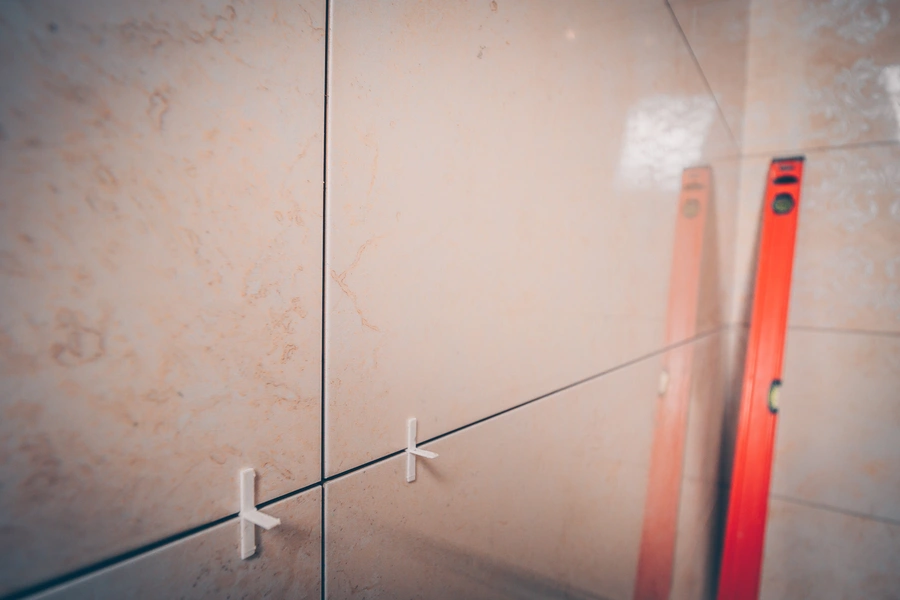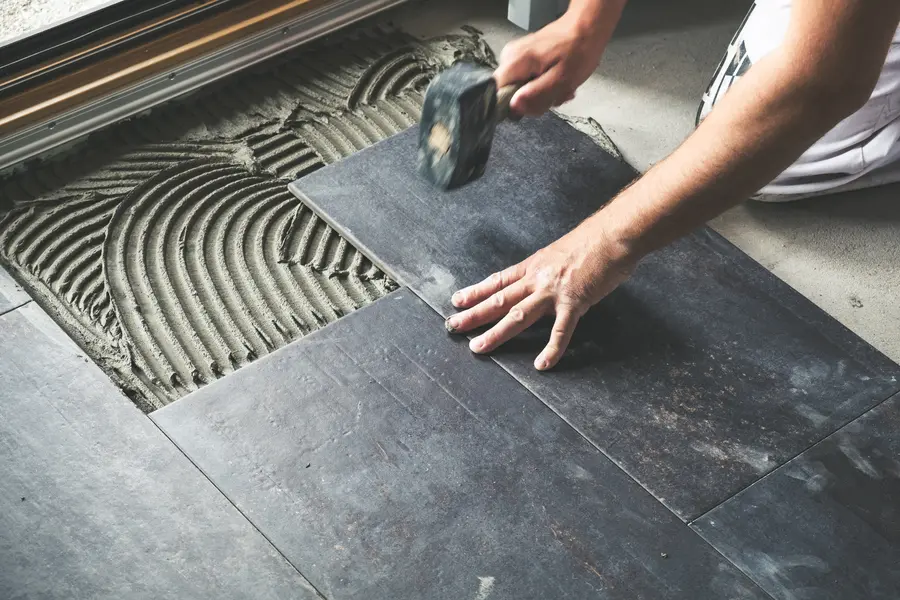The Importance of a Well-Prepared Surface
Before you begin any tiling project, it’s crucial to prepare the surface properly. A well-prepared base ensures that your tiles will adhere correctly and last longer. Without proper preparation, tiles may shift, crack, or even fall off over time. This preparation is essential whether you’re working on floors, walls, or countertops. By understanding the steps involved in preparing surfaces, you can avoid common pitfalls and achieve professional results.

Benefits of Proper Surface Preparation
Preparing surfaces carefully offers several advantages. First, it ensures that tiles lay flat and even, which enhances the overall look of your project. Additionally, proper prep work prevents moisture from seeping beneath the tiles, which can lead to mold or damage over time. Finally, by investing time in preparation, you’ll extend the lifespan of your tile installation.
Understanding Common Challenges
Many people face challenges when preparing surfaces for tile installation. One frequent issue is dealing with uneven surfaces. Uneven bases can cause tiles to sit improperly, leading to an unprofessional finish. Another common problem is failing to remove dust and debris completely before starting. If left unchecked, this can prevent adhesive from bonding properly.

Essential Steps for Surface Preparation
The process of preparing a surface involves several key steps. First, clean the area thoroughly to remove any dirt or grease. Next, level the surface using a suitable compound if necessary. Check for imperfections and fill any cracks or holes. Finally, ensure the area is dry and dust-free before applying any primer or sealant.
- Clean the surface thoroughly
- Level uneven areas
- Fill cracks or holes
- Ensure the surface is dry and dust-free
Expert Tips for Best Results
Professionals recommend several best practices for successful projects. Always choose quality materials tailored to your specific needs. Use appropriate tools for cleaning and leveling to avoid damaging the base. Apply primers or sealants as needed to enhance adhesion. By following these expert tips, you can ensure a successful outcome.
Industry Standards You Should Know
Adhering to industry standards is vital for quality assurance. The Tile Council of North America (TCNA) provides guidelines that include recommendations for substrates and adhesives. These standards ensure durability and safety in residential or commercial settings. Familiarize yourself with these requirements to ensure compliance and high-quality results.
Considering Costs Involved
Budgeting for a tiling project involves more than just the cost of tiles. Consider other factors like materials for surface preparation such as cleaning agents, leveling compounds, or sealants. Although these add to initial costs, they save money long-term by preventing future repairs. Evaluate all expenses to understand the true investment required.
Final Steps With Your Tiling Project
If you’re ready to start your next project, consider reaching out for professional advice. Located in Orlando, FL, our team provides expert guidance on preparing surfaces for tile applications. Contact us at (689) 215-9204 to learn more about how we can help you achieve flawless results. At Linares Construction Project LLC, we prioritize excellence and customer satisfaction.